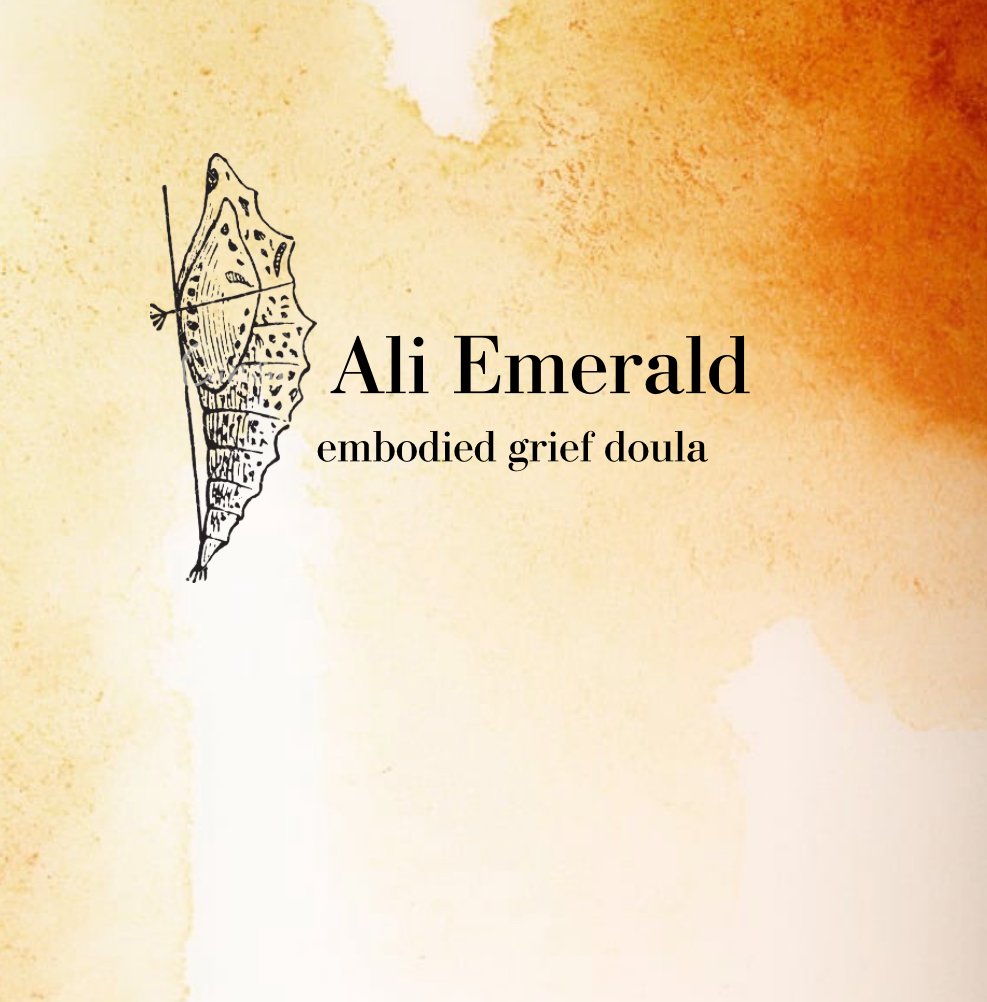The intersection of medicine part 1
When I started mapping out this topic to write about, I thought it would be an instagram post. An instagram post has turned into a blog post, and is now shaping up to be a blog series. Turns out I have a lot to say. So let’s talk about the intersection between natural and western medicine.
I think often of the pendulum. How one must swing far to one side, far to the other, before landing somewhere in the middle. At least that’s how it was for me, and most people I know.
I was having a conversation a while ago with my husband about how much we’ve both changed since we started dating, and how it’s almost miraculous we’re still together, and he brought up my hard nose dive into the world of crunchy living. If you don’t know about crunchy living, it’s a lifestyle that focuses on low toxin, healthy and organic living. Sounds great, and I still abide by a lot of these principals. And this community offers what others have referred to as the crunchy to alt right pipeline, or the crunchy cult. Does everybody who wants to live a low toxin life go down this pipeline? Absolutely not, but it is a slippery slope.
So rewind a few years ago and I found myself tiptoeing towards the edge of this slope, enticed by the ideas of autonomy and freedom being spouted, along with other information I won’t get into.
I was listening to a podcast last year by a woman who removed herself from this lifestyle, and she talks about how her entry point was the anxiety she experienced with her first pregnancy and birth. And this was definitely the case for me. Existing in the medical realm the way I had, with such intensity and hypervigilence and a layer of fear, I was looking for any way out. I knew I didn’t want what I had. I would call the years surrounding my pregnancy, grieving Paris and immediately surrounding my transplant my crunchy years. Like that woman said, prime entry point.
This post isn’t to bash the crunchy community or talk about the wonders of modern medicine, because if I’m being honest I probably still fall somewhere in the middle. And I needed to swing hard, in both directions, to land where I am now. I needed to learn what I learned then about autonomy and embodiment and alternative ways of thinking to be where I am now, which is all about autonomy and embodiment but from an entirely different perspective.
Last week I was scrolling through instagram, as one does, and I came across this post of things to do that would make your western doctor incredibly angry. Intrigued, I scrolled through the list, and found it included things like doing your own research, not blindly agreeing with everything suggested to you, pushing back against your doctor and focusing on root solutions rather than pharmaceutical bandaids. And I laughed. Actually laughed, out loud. Because I do all of those things, to my doctor’s face, and they love me for it.
I think a huge part of being your own advocate and navigating the medical system is pushing back. Science exists for a reason, and weeding through a lot of the information and misinformation out there takes a critical eye, but I often will bring stacks of papers to my doctor with potential treatment ideas and diagnosis’. And my doctor, who sees hundreds of patients, appreciates the fact that I do my own research. At the end of the day, I’m the one who is living in this body 24/7, and I’m going to know it better than someone who is reading test results on a page. I frequently push back against medications or medication changes, wondering if there’s something I can try first. And none of these things make my doctors upset with me.
So how did I get here? How is the very thing I recommend for patient advocacy the thing one community is saying should be the reason one leaves the medical system entirely?
First of all, I realize my immense privilege (and launching into that discussion is the reason I believe this needs to be a multi-part blog series). I live in Canada, where we have universal healthcare. Living in such a multi-cultural place, I feel like I have more resources and access to ideas from outside my immediate area. I network with people in other countries, I will google search and ask for results specific to a certain location. I have carefully curated my medical team to respect me as a person before a patient, and because of the way we can all collaborate together. I have, and will continue to, push back against doctors or question ideas, and if a doctor doesn’t take too kindly to that they probably aren’t the fit for me.
I’ve come to the conclusion that there is a lot of overlap, and a lot of it comes back to how one integrates the information presented to them. I am at the point now where I greatly appreciate my medical team and their expertise, and I feel pretty good about taking in all the information available to me and calling the shots. I don’t ever want to be in a place where I can’t outsource, where I can’t take in all the information and differing opinions and ideas. The idea of being completely self sufficient actually sounds horrible to me.
I wonder, if more people began to consider this third space, rather than viewing everything as one or the other, black or white, right or wrong, what would begin to shift? What would we see change as far as patient care and embodied living? I’d be willing to bet that’s where the freedom is.
